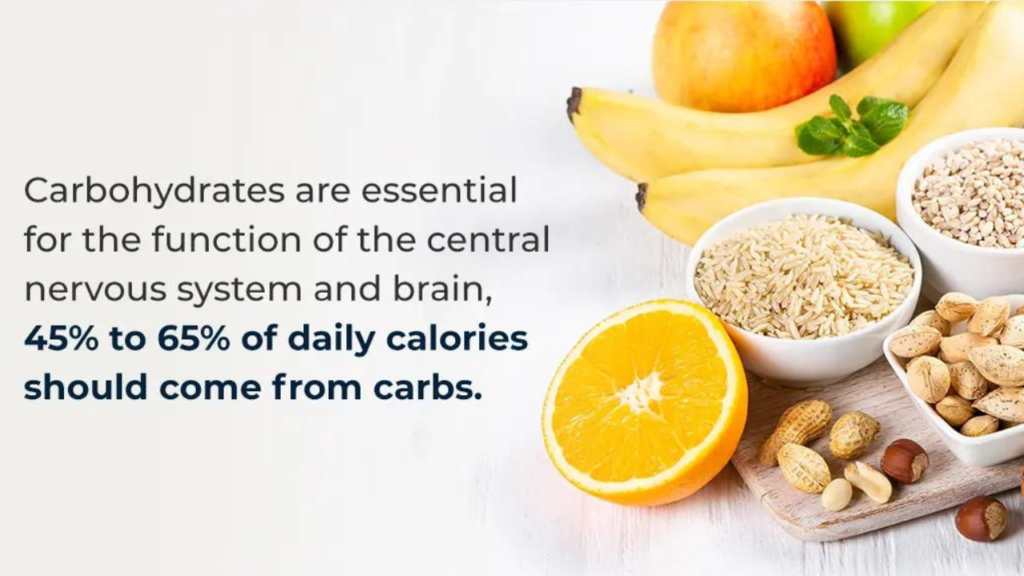Addiction often leads to significant nutritional deficiencies, which can hinder recovery efforts. Many people struggling with addiction suffer from malnutrition due to poor dietary habits and the body’s impaired ability to metabolize nutrients. Essential vitamins and minerals like vitamin B, magnesium, and zinc are often deficient in those undergoing addiction treatment, further complicating the recovery process.
These nutritional deficiencies affect more than just physical health—they also impact brain function and emotional well-being. For example, low levels of vitamin B have been linked to mood disorders and cognitive dysfunction, which can exacerbate the challenges faced during addiction treatment. Incorporating nutritional therapy into addiction treatment programs can help address these deficiencies, improving both physical and mental health outcomes for individuals in recovery.
Many renowned facilities, such as the Hollywood Hills Rehab Center, have embraced this holistic approach, offering personalized nutrition plans alongside traditional therapies to support their clients’ journey to wellness.
The Role of Genetics in Metabolism and Addiction
Genetics also play a crucial role in determining how an individual metabolizes substances and, consequently, their susceptibility to addiction. Specific genetic variants can slow or accelerate the metabolic process, affecting how quickly the body processes alcohol and drugs. Individuals with genetic predispositions for slower metabolism may be at higher risk for addiction due to prolonged exposure to alcohol’s effects on the brain.
Additionally, genetic factors can influence how effective certain medications are in addiction treatment. For instance, medications like naltrexone, which is commonly used to reduce cravings in individuals with alcohol dependence, may work better or worse depending on an individual’s metabolic profile. This further emphasizes the need for personalized treatment plans that account for the unique metabolic and genetic makeup of each individual undergoing addiction treatment.
Integrating Metabolic Health into Addiction Treatment Programs
With mounting evidence pointing to the connection between metabolism and addiction, more addiction treatment programs are incorporating metabolic health assessments into their care protocols. This approach goes beyond merely treating the addiction and instead focuses on optimizing the individual’s overall health, including liver function, nutritional status, and genetic predispositions.
Holistic programs that address both metabolic and psychological health are proving to be more effective in long-term addiction treatment. These programs include medical interventions to support liver health, nutritional counseling to correct deficiencies and behavioral therapies that target the brain’s metabolic processes. By addressing addiction through this multi-faceted lens, individuals have a greater chance of achieving and maintaining sobriety.
The Future of Addiction Treatment
As the link between metabolism and addiction becomes more apparent, the future of addiction treatment may shift towards even more personalized approaches. Targeted therapies that consider an individual’s metabolic rate, liver function, and genetic predispositions could lead to better outcomes, especially for those battling addiction. Furthermore, ongoing research into the brain’s metabolic processes could yield new treatments that specifically address the biochemical imbalances caused by addiction.
The evolving understanding of the relationship between addiction and metabolism is an exciting development in the field of addiction treatment. By acknowledging the critical role that metabolic health plays in addiction recovery, healthcare providers can develop more effective, individualized treatment plans that not only address the addiction itself but also the underlying metabolic factors that contribute to it. The connection between addiction and metabolism is undeniable. As science continues to uncover the intricate ways in which the body’s chemistry influences addiction, there is hope that new, more effective treatment options will emerge, offering individuals a better chance at long-term recovery. Whether through improved addiction treatment or more personalized addiction care, the future of addiction treatment looks promising, with metabolic health at the forefront.


